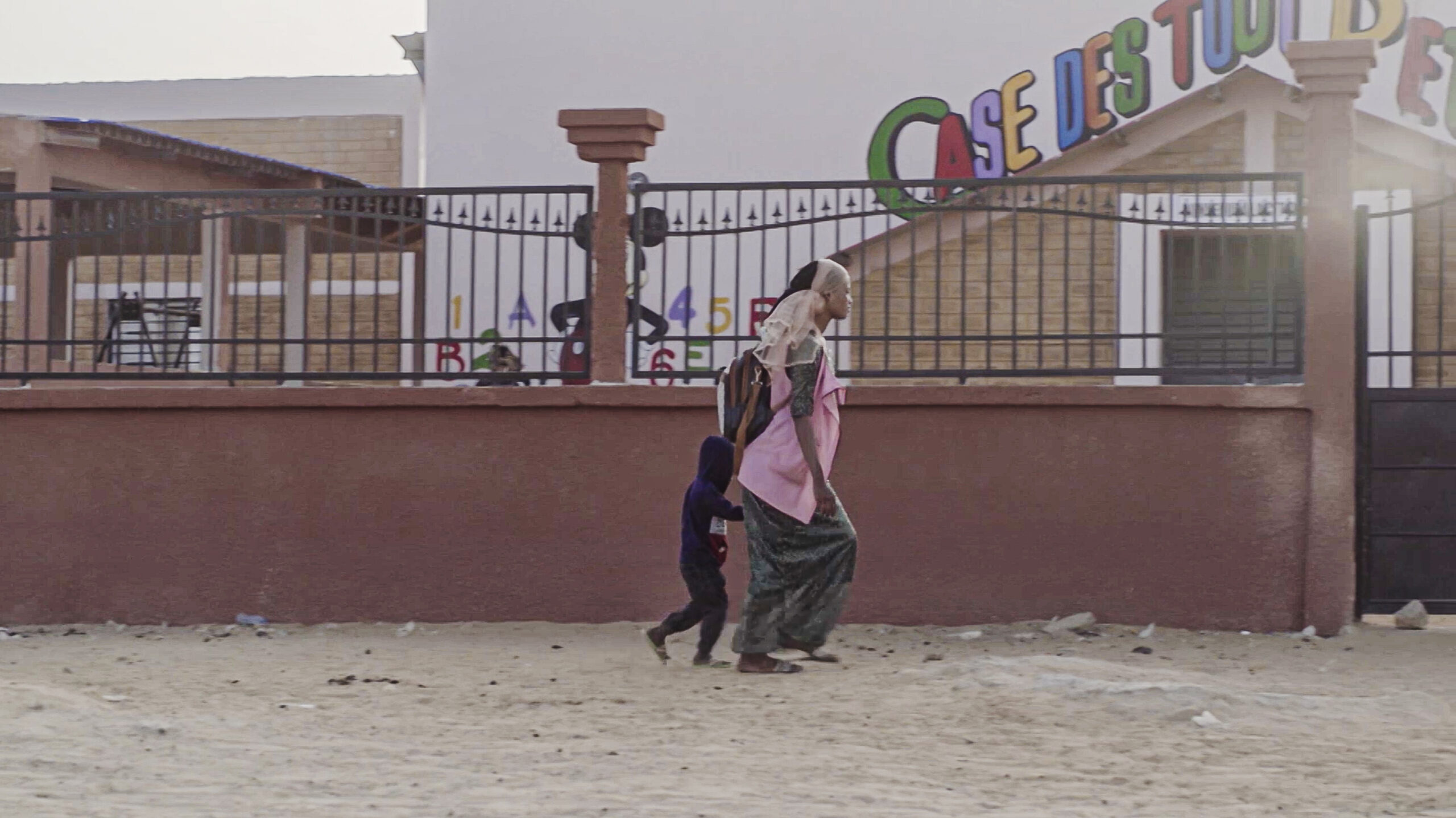


Creating prosperity in Senegal
In the Matam region of northeastern Senegal, opportunities for a young girl like Ramatoulaye Diallo are scarce. Married at the age of fifteen, she was forced to leave school. Between the demands of household responsibilities and the arrival of her first child, education was no longer an option.
Matam has one of the highest rates of early marriage in the country, affecting nearly one in two girls.
To address this challenge, TSF has been working for the past three years to improve access to education for girls like Ramatoulaye. By fostering a dialogue across different sectors of society, the barriers to returning to school are gradually being dismantled.
For several years, TSF’s team in West Africa has promoted development through a participating process: identifying the specific challenges faced by local communities, mobilizing them and fully engaging them in search of tailored solutions. Success stems from mutual respect and effective collaboration. The program implemented in Senegal and designed based on our experience in Mali, was carried out by and for the Matam community, in collaboration with the TSF team.
In this region, when a young girl marries, she moves to her husband’s household where the decision to continue her studies lies with her spouse or mother-in-law. This is why, TSF created an action plan targeting these women whose role is decisive in family dynamics. Community meetings and educational discussions proved essential in engaging them and encourage their participation.
“It was thanks to the talks and awareness sessions highlighting the importance of education that I encouraged her to resume her studies,” explains Fatou Seydou Diallo, Ramatoulaye’s stepmother.
Conversation by conversation, the young girls of Loumbal Baladji began to imagine a future filled with new possibilities.
“Girls’ education is not only a right, but it is also a driver of sustainable development. By promoting access to schooling, we are laying foundation for a fairer and prosperous future,” explains Houleye Abou Ba, teacher and facilitator during an advocacy event held last February in support of girls’ education. Through these shifts, the women of Loumbal Baladji have begun to create prosperity for their daughters, their daughters-in-law, and themselves. “The future is ours,” confirms Maimouna Wéllé, aged 15, president of the Young Girls’ Club.
Today, Ramatoulaye is back in school and wants to become an agent of change in her own right.
“One day, I want to become a teacher to support children in their pursuit of knowledge. I also want to raise awareness so that girls in my community continue their education and grow into leaders in Senegal,” says the young student with conviction.
Let us remain committed to humane, credible and sustainable projects